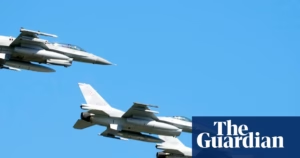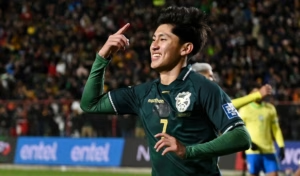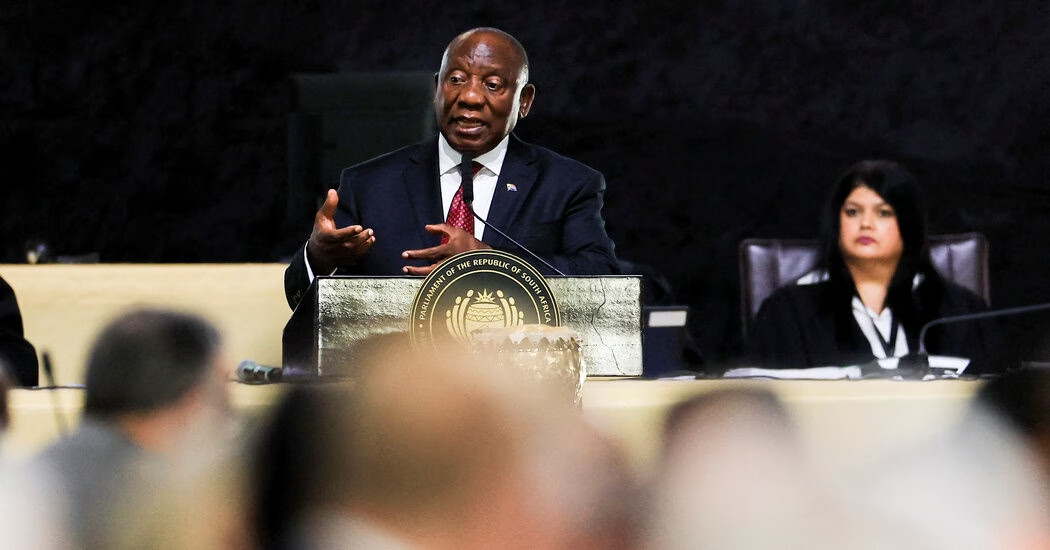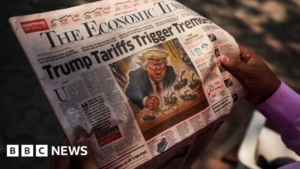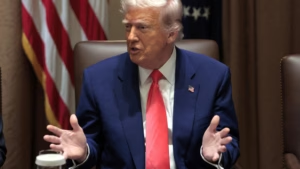South Africa’s President Cyril Ramaphosa has been vocal about his wish for Elon Musk, the country’s richest individual, to invest part of his wealth in South Africa. However, Mr. Musk’s criticism of the South African government’s perceived racism has stalled these efforts. He has argued that laws requiring foreign companies to turnover ownership stakes to Black South Africans and others who faced apartheid-era prejudice are discriminatory and hinder the operations of his satellite internet provider, Starlink.
Now, a South African telecommunications official, Solly Malatsi, is opening a pathway for Starlink and similar providers to operate in the country by offering an alternative to the Black ownership requirement. This directive, which remains under public consultation, would allow satellite internet companies to obtain licenses by investing in disadvantaged communities instead of giving up equity.
Malatsi’s political opponents argue this move undermines efforts to address apartheid-era inequalities and accuse him of appeasing Musk, who has been largely absent from South Africa since moving abroad as a teenager.
Malatsi contends that the directive is aimed at stimulating economic growth by attracting diverse companies, not just Starlink. Equivalents to Black ownership, known as ‘equity equivalents,’ have already been successful in attracting crucial investments in sectors like the automobile industry, he noted.
The debate on Starlink’s South African operations is exacerbated by the political climate; Malatsi is from the Democratic Alliance, the country’s second-largest political party, which is at odds with the majority African National Congress.
Starlink had expressed its potential to help South Africa reach economic goals through affordable, high-speed internet but has faced mistrust due to Musk’s public statements alleging genocide against white South Africans and criticizing land-reform laws. These actions have also provoked international reactions, including President Trump’s executive order halting aid to South Africa due to the land law.
President Ramaphosa met Mr. Musk in New York and discussed potential investments, but these talks have been put on hold due to Musk’s misinformation campaign against South Africa. The president may revisit these discussions once relations improve with the Trump administration.
Despite being licensed in 20 African countries with services often outpelling traditional broadband in speed and affordability, Starlink’s penetration across the continent has not been smooth. Concerns over preferential treatment and regulatory compliance have been raised by traditional telecommunication companies. Advocacy groups for the telecommunications industry advocate for fair play, insisting all companies must adhere to the same regulatory standards.
Source: https://www.nytimes.com/2025/04/11/world/africa/effort-to-get-starlink-in-south-africa-collides-with-tension-over-musk.html
